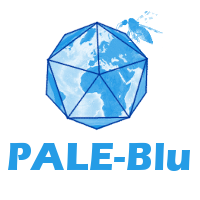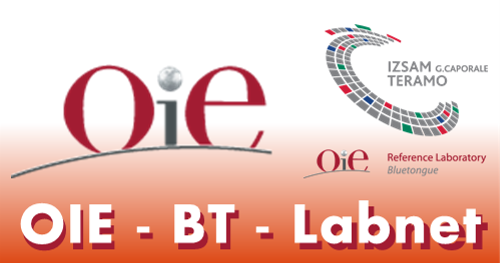Entries are now closed for the distance learning course on Spatial Data and GIS delivered by the EDENext DMT and Euro-AeGIS.
- You can download QGIS 1.7.1 for windows here.
- Or download QGIS 1.7.1 for Mac Lion or Snow Leopard here.
EDENext Partners can download all the presentations and Exercises from the EDENext Data Archive page Under the Training Program Presentations and Data > Spatial Data and GIS Training Program - December 2011
Aim
The purpose of this training program is to familiarize EDENext-participants with the use of geographic information systems (GIS) in particular reference to spatial issues of the EDENext project (i.e. spatial modeling and distribution modeling) and using the open source GIS package Quantum GIS (QGIS). Upon completion of the course, participants will have a profound conceptual and technical knowledge of GIS, have acquired advanced skills on how to use open-source GIS in epidemiological studies and be able to contribute to the development and implementation of GIS in the EDENext-project.
Structure of the Training Cycle
Yearly workshops and distance learning follow-up will be organized during the EDENext project (4 year course). The yearly workshops will take place during December in Zoersel (Antwerp Belgium). Participants will attend these workshops at their own expense, bringing their own personal computer. The distance learning course will be presented through a secure distance learning platform with access to EDENext - participants only. All communication, course content and data files will be accessible through this distance learning platform. To gain most benefit of the distance learning course, it is imperative that participants adhere to the scheduled activities (discussion forums, chat session, assignments ...). The activities of one particular theme will remain open during two weeks. The interaction amongst participants will enhance their level of GIS-experience. At the end of each theme, participants need to submit an assignment. Throughout the distance learning cycle, participants will be given support by the GIS-experts of the Euro-AEGIS grouping. The distance learning coordinator will structure this support on a daily basis.
Latest Updates
- Candidates should apply for participation through their EDENext Group Leader and put Wouter Hantson whantson@avia-gis.be in cc;
- Candidates should bring their own laptop to the workshop.
The tentative agenda of the workshop is as follows:
|
|
Tuesday 6/12 |
Wednesday 7/12 |
Thursday 8/12 |
|---|---|---|---|
|
09:00 - 10:30 |
Arrival of participants |
Block 3: Case studies on GIS and epidemiology Guy HENDRICKX, Avia-GIS |
Block 7: Geo-processing of Vector Data Wouter HANTSON, Avia-GIS |
|
10:30 - 11:00 |
COFFEE BREAK |
COFFEE BREAK |
|
|
11:00 - 12:30 |
Block 4: Data sources: EDEN-DMT and other geo-portals Willy WINT, Ergo |
Block 8: QGIS and GRASS / R Els DUCHEYNE, Avia-GIS |
|
|
12:30 - 13:30 |
LUNCH BREAK |
LUNCH BREAK |
|
|
13:30 - 15:00 |
Block 1: Introduction to the course Els DUCHEYNE, Avia-GIS |
Block 5: Data formats Neil ALEXANDER, Ergo |
Departure of participants |
|
15:00 - 15:30 |
COFFEE BREAK |
COFFEE BREAK |
|
|
15:30 - 17:00 |
Block 2 : Introduction to QGIS Markus NETELER, Fondazione Edmund Mach - Research and Innovation Centre |
Block 6: Projection Systems Wouter HANTSON, Avia-GIS |
As of today, 14 candidates from the groups MBD, MOD, PhBD, CBD, TBD have subscribed. Members of the other groups are encouraged to participate.
The topics that will be covered in the distance learning format are:
- Import and link tabular data
- Integrate Google Earth
- Create Raster Surfaces
- Crosstabulation
- Complex Raster Modeling
- Complex Raster-Vector Modeling
- Design Stratified Random Sampling
- Data preparation for statistical modeling
For more information download the Course leaflet here. The first year workshop will be during December 2011 as outlined in the table above.





